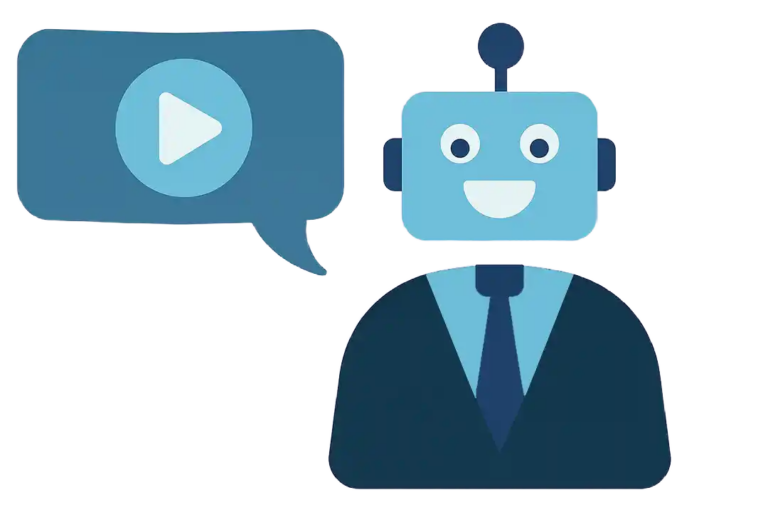
The hottest job in corporate America is “Executive in Charge of AI” according to a recent New York Times headline. If the job is in marketing, then AI video is almost in the job description, if not in the title. And every interview conversation is almost certain to to turn to AI video. So, here are some questions and answers that might help you prep for that next big interview.
How is AI currently best used in creating marketing videos?
AI is most helpful with speech-to-text, language translation, automated subtitling, and basic editing tasks.
Can AI video help generate ideas and scripts?
Yes and no. Mostly no AI tools can analyze content performance data and suggest new video topics that align with customer interests. But it doesn’t have a good grasp of how to communicate visually with your customers.
Is AI advanced enough to produce marketing videos?
No. But it can make production more efficient.
Can AI video be used for targeted personalized video?
AI is better at identifying and segmenting targets than it is at figuring out what to show or say.
Will AI ever automate the video production process?
No, but would you want to live in a world like that? AI is getting better every day at automating editing tasks. In the right hands, AI cuts costs, improves quality, and speeds production.
Can AI help manage video content libraries?
Absolutely. AI is better at tagging, managing, and searching big archives than humans are. This capability is already widely used in academia and corporate training. You might find lots of content than can be repurposed and shared more widely.
Can AI predict which videos drive the most conversions over time?
Probably, assuming sufficiently large data sets of historical performance.
Will AI potentially displace human jobs in video production?
Maybe a few in low-complexity production tasks. But creative people will almost always be able to do more creative things better.
What regulatory concerns are there with synthetic video?
For starters, protection for original content, watermarking assets, auditing of synthetic media origins. Regulated or not, there are all sorts of privacy, bias, and fairness issues, too.
Which expert perspectives should guide our AI video strategy?
A thorough-going strategy should comprise insights from legal, compliance, creative leadership, technical architects, and customer advocacy, as well as your video experts.
ICYMI: The Role of AI in Decision-Making: A Business Leader’s Guide
We liked this concise and practical summary. It includes a tidy history of AI, beginning with Claude Shannon’s 1948 paper “A Mathematical Theory of Communication” with its discussion of n-grams as a way to model and predict text. And there are clear definitions of AI terms, like the difference between deep learning and machine learning.




